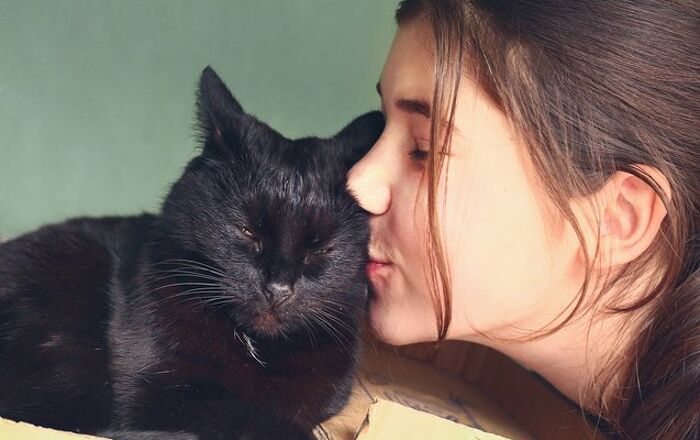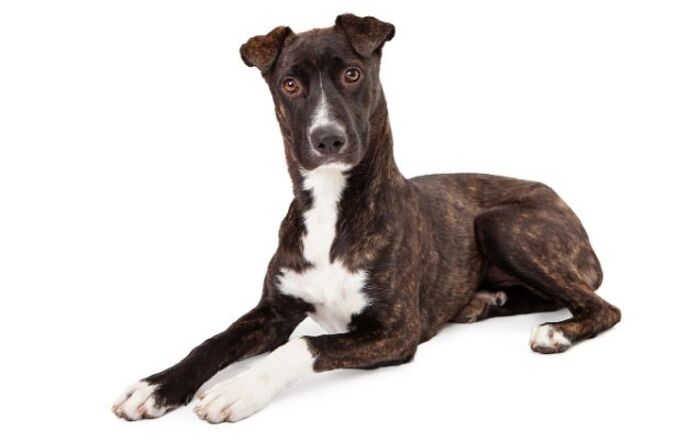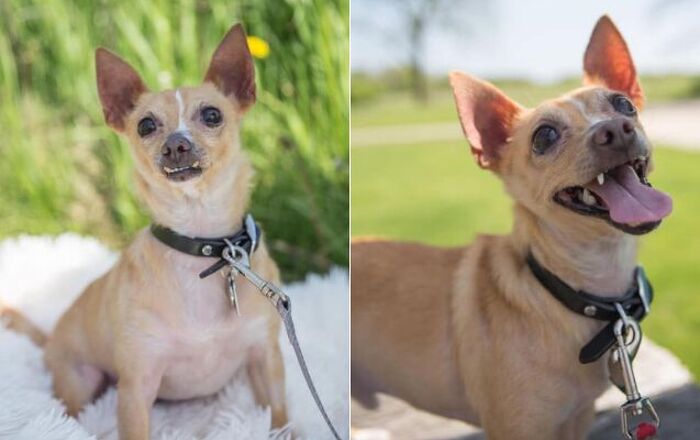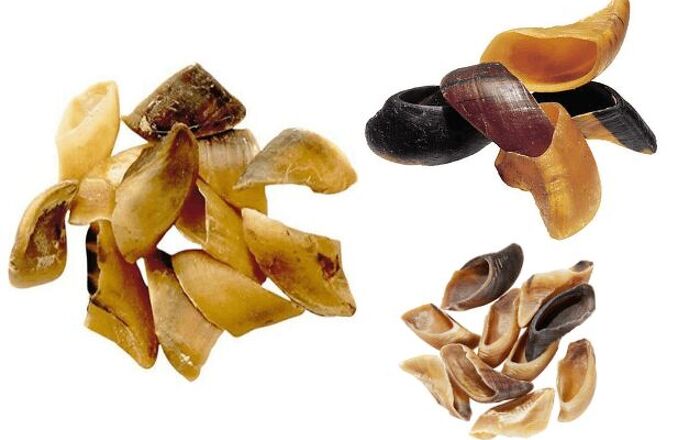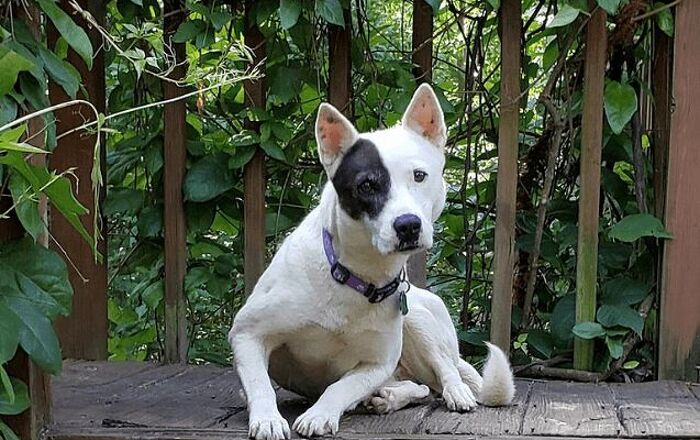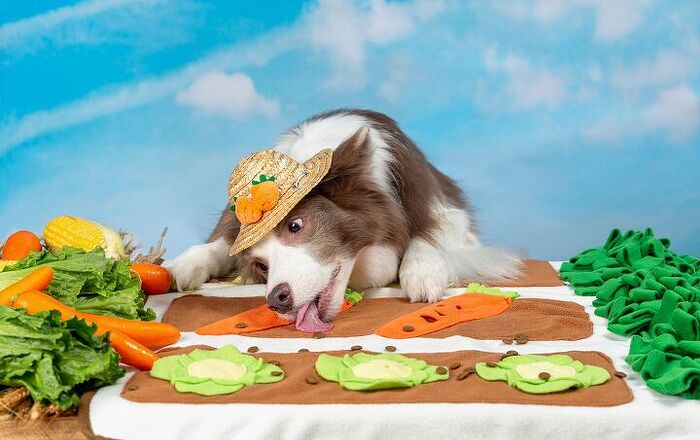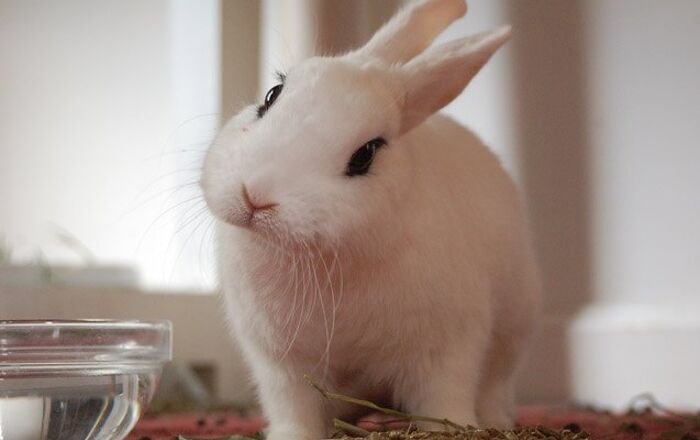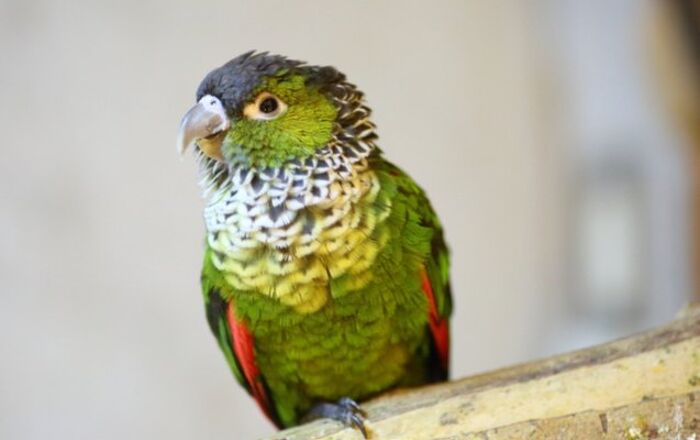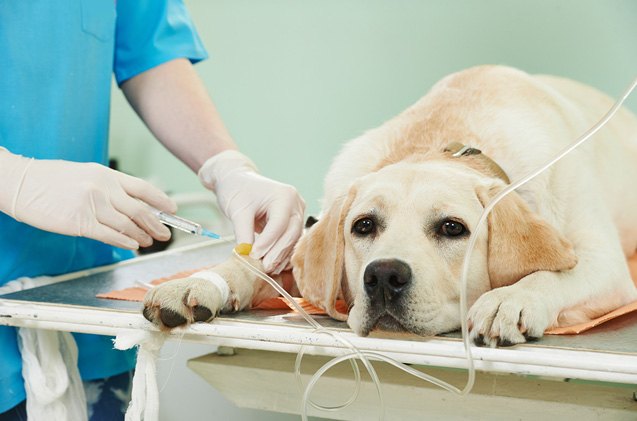
Your dog got sick or hurt – don’t get stuck with the vet bill. Read these points before making a dog insurance claim.
You may have been happily paying your dog insurance premiums for years, without ever having to even contact the provider. However, the confusion comes for many people when they need to make a claim. Of course, the process varies somewhat depending on what provider you go with, but there are some things that you’ll need to do regardless of which company you took out the insurance with. Knowing the right thing to do can make the claiming process a lot simpler. After all, if you have a sick or injured dog, you’re already under enough stress.
Check Your Policy
First of all you should check your policy to make sure that whatever you want to claim for is covered. Routine or elective procedures, such as spaying, neutering, vaccinations and tooth cleaning, usually aren’t covered. You should also be aware if your pup’s insurance policy has a deductible. Claiming on the insurance will usually make the premiums go up the following year, so if the policy has a deductible of, say, $50 and the vet bill is $60, you might be better off just paying the tenner yourself and keeping your policy claim-free.
Related:5 Warning Signs That You Need Dog Insurance
Talk to Your Vet
When you take your pooch in for the treatment, let your veterinarian know that you’ll be claiming on insurance. The vet will have to fill in part of the claim form, so it’s best to let them know right away. If possible, bring the claim form with you to the vet’s office. Alternatively, some veterinarians keep a stock of claim forms from popular pet insurers, so they might already have what you need. In most cases, you will pay the veterinary bill up front, and then your insurer will pay you back, minus the deductible. However, under some circumstances, it’s possible to arrange to pay only the deductible to the vet and have the insurance company pay the rest directly to them. Make sure to tell your vet, if this is what you have planned.
Related:Dog Insurance Pros and Cons
Talk to Your Dog Insurance Company
You should call up your dog’s insurance provider as soon as possible. Don’t delay, as this could hold up the process, or even invalidate the claim, if you leave it too long. This will get the ball rolling and will also get you a chance to find out exactly how to proceed. Make sure that you have basic details, such as the name or nature of your pet’s injury or illness and the estimated cost of the veterinary bills. Find out if you’ll need any supporting documentation. Usually, your veterinarian will handle this side of things, but it’s a good idea to double check, because sometimes the owner is required to gather their dog’s medical history and any other relevant documents. Find out where to send this information, and whether it’s best to do so via mail, fax or email. The latter may be the fastest and most reliable option, as long as the company doesn’t need to see original documentation. Find out details such as how long you can expect to wait before hearing their decision and how long it will take to pay out, this way you will know if it’s taking longer than it should and contact the company to hurry them along.
In most cases, claiming on your dog insurance should be pretty painless, but there are exceptions and some insurance companies will try to give you the run around, especially if you’re making a large claim. This is why you should always make your claim to the letter and keep records of your communications and copies of any relevant documents.




